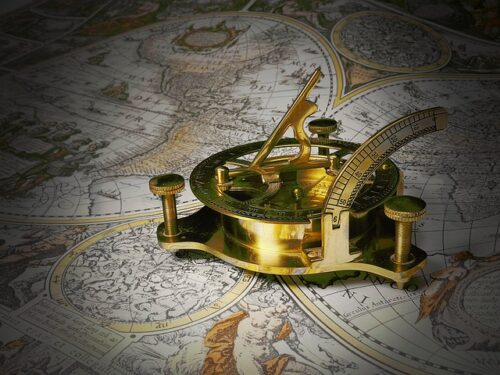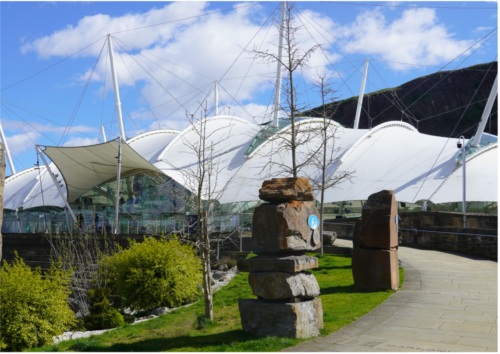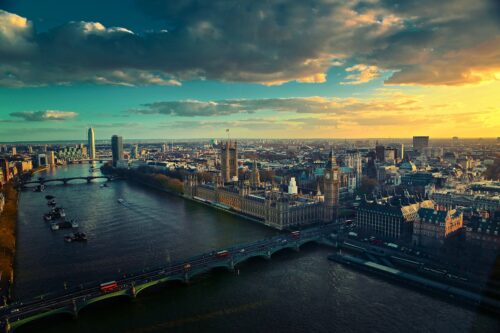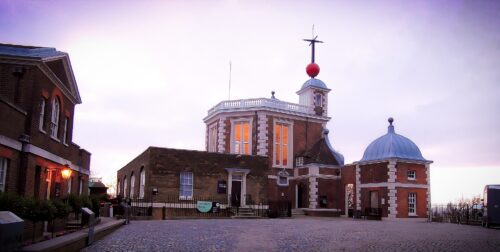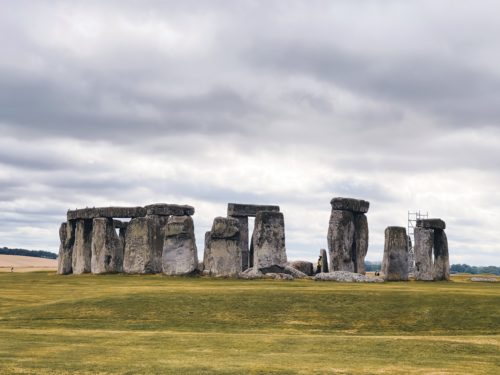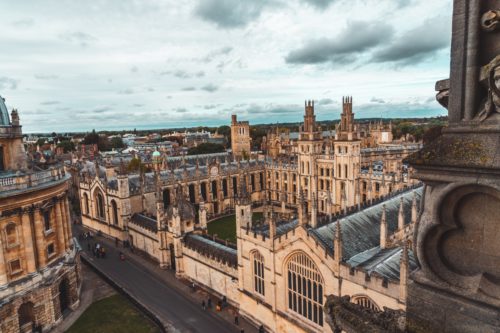
Great Britain
Great Britain
Science in Great Britain
The phrase, "British scientists have discovered that" has probably been in the news more than once - and that's not surprising: when it comes to science and research in Europe, no one can avoid Great Britain. In the past, it was physicists in particular, including titans like Newton, Maxwell and Faraday, but also the biologist Charles Darwin, who have revolutionised science with their work. Over 100 Nobel Prizes have been awarded to British researchers throughout history. But even today, the British belong to one of the world's largest scientific nations: No European country publishes more research results that are cited more often by others. The focus of research is currently particularly on multidisciplinary projects as well as medicine and electrical engineering. Sustainability issues and social problems are also increasingly coming into focus.
The Facts
| Population | 68,350,000 [1] |
| Area | 241,930 km² [2] |
| Gross domestic product per capita in US-Dollar | 49,099.0 [3] |
| Public expenditure on education (share of GDP) | 5.5 % [4] |
| Share of female researchers | 38.8 % |
| Universities | 280 |
| Universities per 1 million inhabitants | 4.20 |
| Students | 2,618,287 |
| Expenditure on Research and Development (share of GDP) | 1.7 (share of GDP) [5] |
Quellen:
-
↑
https://www.destatis.de/DE/Themen/Laender-Regionen/Internationales/Laenderprofile/vereinigtes-koenigreich.pdf?__blob=publicationFile
-
↑
https://www.destatis.de/DE/Themen/Laender-Regionen/Internationales/Laenderprofile/vereinigtes-koenigreich.pdf?__blob=publicationFile
-
↑
https://www.destatis.de/DE/Themen/Laender-Regionen/Internationales/Laenderprofile/vereinigtes-koenigreich.pdf?__blob=publicationFile
-
↑
https://www.destatis.de/DE/Themen/Laender-Regionen/Internationales/Laenderprofile/vereinigtes-koenigreich.pdf?__blob=publicationFile
-
↑
https://www.destatis.de/DE/Themen/Laender-Regionen/Internationales/Laenderprofile/vereinigtes-koenigreich.pdf?__blob=publicationFile


